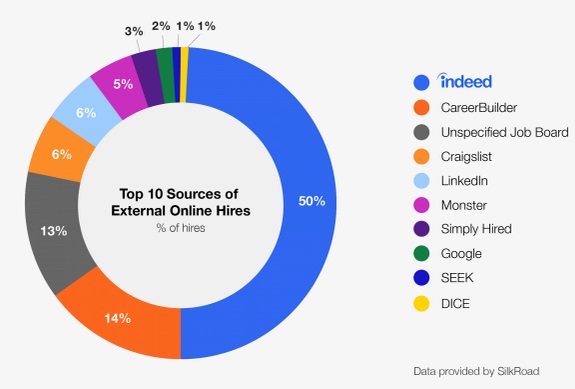One of the coolest things that happened when I started writing blog posts eight years ago, is people reach out to you and ask you questions. Random people you don’t know off the internet asking me for my ‘expert’ advice. It’s scary, comical and flattering all at the same time!
This week a question came in about how would I go about making a mid-career change from one profession to another. In this case, the person was wanting to move out of a teaching profession and into an information technology profession. This individual is about ten years into their teaching career. Went back to school, while working, and got another bachelor’s degree in IT.
How do I get a position in IT? That was the actual question, but as you can imagine, that question is fraught with complexity!
Here is the biggest problem most people face when making a mid-career job change, they can’t stop working at their current job to get experience working in their new field.
So many people fall into this trap! You want to change careers, but you’re working and making a decent living, paying the bills, living life. You go back to school in the evening, taking on more debt to get the education. Still busting your butt during the week in the job you no longer love, waiting to start your new career.
That’s when you first begin hearing things like, “well, you’ll need some experience to work here”, or “we don’t have entry level positions for someone at ‘your level'”. “At my level?” What does that mean? It means, organizations aren’t comfortable hiring a 32 year old for a position they usually hire 21 year olds in. Plus, you aren’t comfortable making an entry level wage at this point in your life.
This is why people stay in miserable jobs. Once you get far enough down a career path, you are really left with few choices.
So, what was my advice?
– Find a ‘free’ internship. Work your regular full time job, then find some hours in your week to work for free in your new field. You have to get some kind of experience in your new field, especially if you’re a mid-career professional.
– Start adjusting your lifestyle to be an entry level professional. Remember when you were first starting out in that apartment and crappy car? Not going out and drinking cheap beer? Welcome back. More than likely you will have to make this adjustment. It’s worth it, if you’ll be happy. Embrace it. Less is more.
– Use your current professional connections to begin connecting with hiring managers in the career you want, not the career you have. You have to start networking like you’re an entry level graduating from college, looking for you first job. But, you have the network that can help you, that no new college grad has!
– Lastly, give your current employer, if possible, a shot at moving you into the position you want. Many times employers will work with you to gradually move you into the role you want, by giving you some experiences working in the position you want, and gradually transition you out of your current position and into the new one.

